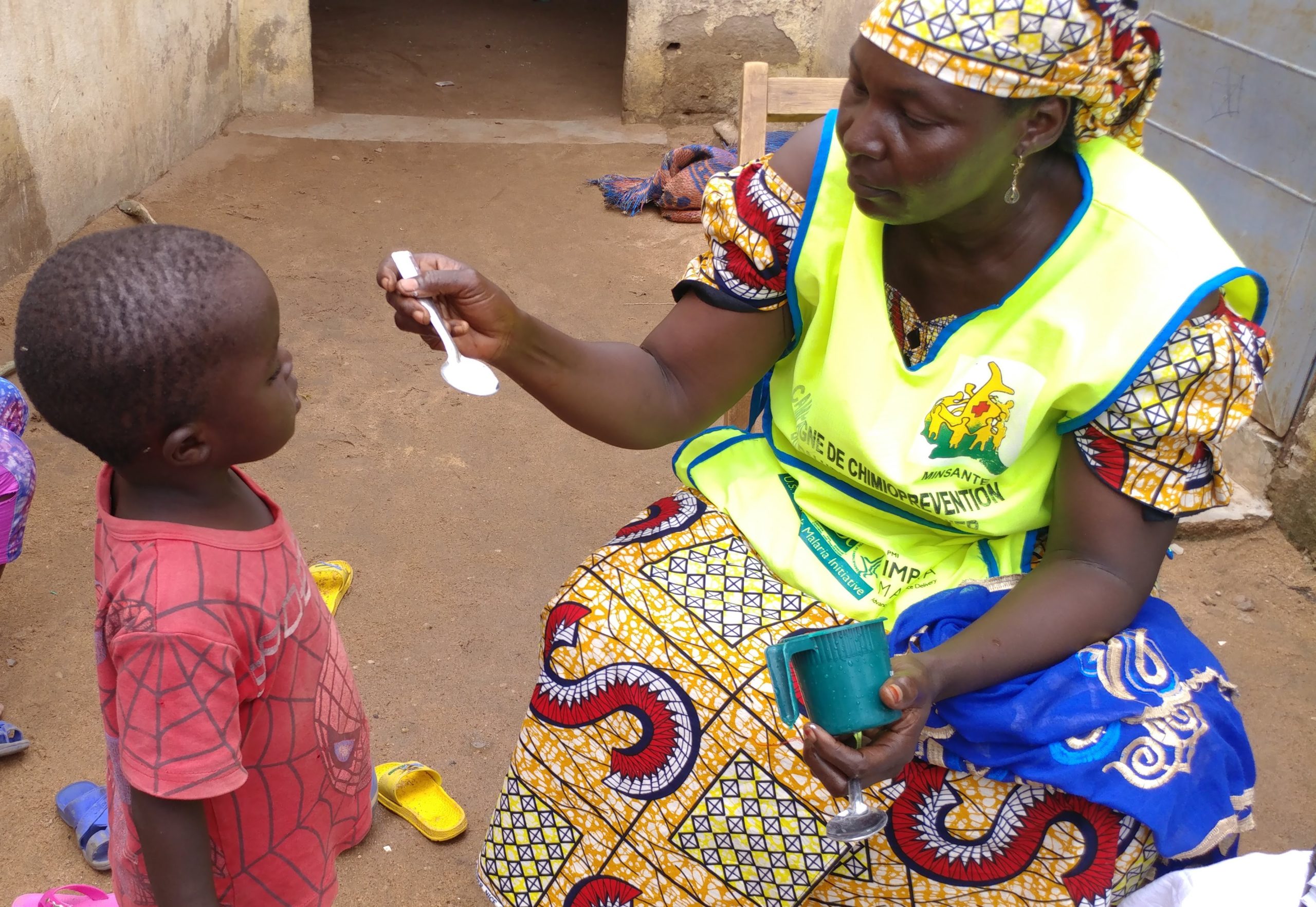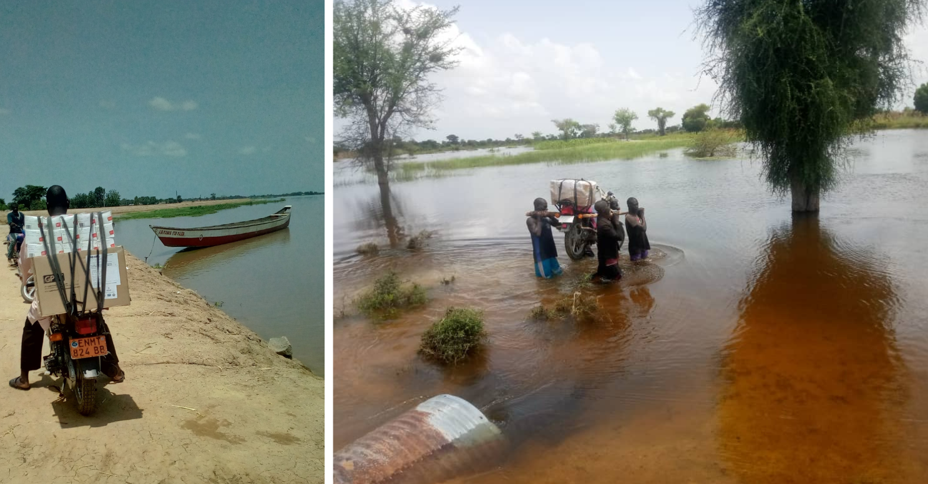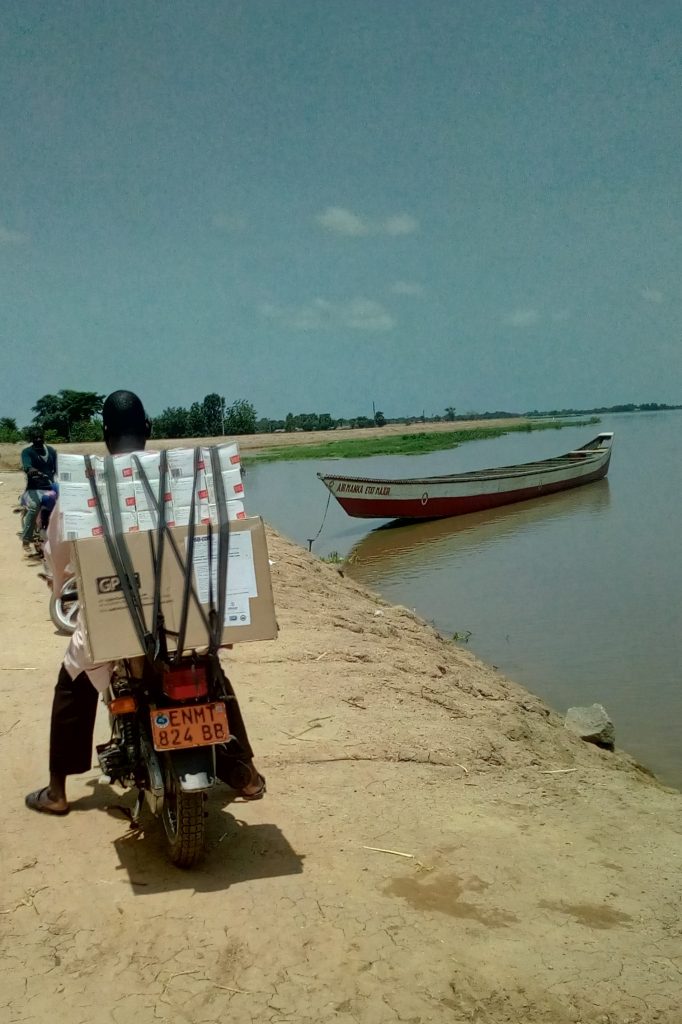For families in the North and Far North Regions of Cameroon, the rainy season brings both joy and concern. The rain transforms the landscape, making it lush and fertile for crops to thrive. But with the rain also comes mosquitoes and the threat of malaria.
Malaria is the most widespread disease in Cameroon, responsible for more than two million cases per year, along with significant absenteeism from work and school. Pregnant women and children are particularly vulnerable to the disease.
One-third of the population of Cameroon lives in the North and Far North Regions, where malaria is highly seasonal. In these regions, to protect children during the high malaria risk period from June to October, the Government of Cameroon runs annual campaigns to provide preventive medicines (seasonal malaria chemoprevention or SMC) to eligible children.
Timely procurement and delivery of the medicines are essential to ensure that children receive the potentially life saving medicine during the peak malaria season.
Since 2018, the U.S. President’s Malaria Initiative (PMI) has been working with the Ministry of Health in Cameroon to support the preventive medicine (SMC) campaigns for children in the North and Far North regions of the country. In addition to funding the campaigns, including the medicines, PMI assisted Cameroon’s National Malaria Program with developing national distribution plans, managing commodities at regional warehouses, and contracting logistics providers for transportation.
Those delivering the medicines to health facilities have to navigate rivers, flooded areas, and bogged down roads.
“Despite the challenges with the bad roads and floods, we are motivated by two things to keep going: the desire to improve our performance and the opportunity to contribute towards saving lives.” – Boubakari, Chief of Bureau at TCCE, a logistics provider that transported the medicine from regional warehouses to health facilities.
Over the course of the 2023 campaign, more than nine million doses of medicine were delivered to 448 health areas in 47 districts over a period of 4 to 5 months, resulting in approximately two million children being protected from malaria.
Cover Photo: Muddy roads make it difficult to deliver medicines to health facilities. Photo credit: GHSC-PSM/TCCE
The USAID Global Health Supply Chain Program-Procurement and Supply Management (GHSC-PSM) project purchases and delivers health commodities-including those for malaria, strengthens national supply chain systems, and provides global supply chain leadership to ensure lifesaving health supplies reach those in need, when they need them. By working closely with country partners and suppliers worldwide, the project aims to promote well-being and help countries develop sustainable supply chain systems.



